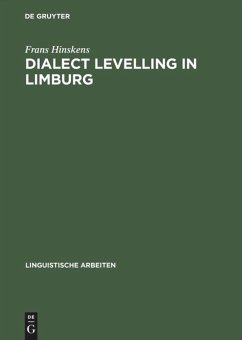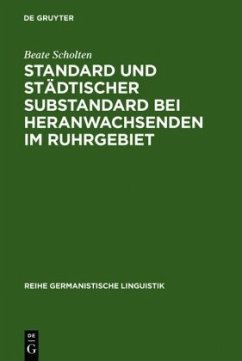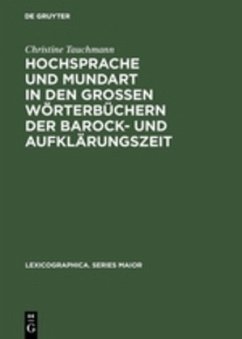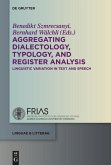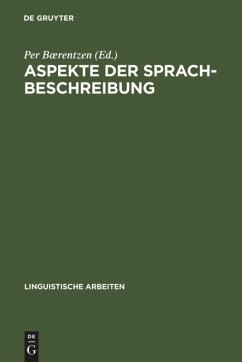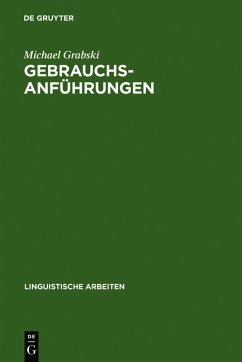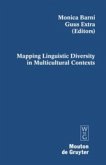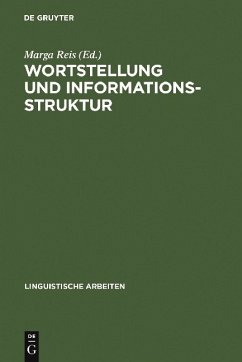This volume presents a study of the phenomenon of dialect levelling, the process of the reduction of structural variation. This process affects variation both in the cross-dialectal and in the dialectal-standard language dimension (in German dialectology referred to as Ausgleich and Abbau, respectively). The study is based on a research project on an originally rural Limburg dialect of Dutch. On the basis of a survey of the relatively rare relevant literature, a sociolinguistic model of dialect levelling is developed. A model is also proposed for embedding the study of this special type of linguistic change in formal phonological theory; this model centres on the role of the syllable in phonological processes. After a sketch of the social history and the dialect situation of the research area as well as an exposition of the methodology, descriptions and (mainly formal) explanations of the 21 dialect features at issue are presented. The approach is basically sociolinguistic and the analysis of the fieldwork data primarily quantitative. The patterns that emerge in the processes of the levelling out of the dialect features are related to both internal and external factors. In accounting for the findings, methods and insights from historical linguistics, dialectology as well as (linear and non-linear) phonological theory play an important role. After a discussion of the findings, the outlines are sketched of a theory of dialect levelling. The possibilities as well as some of the problems are discussed of an integration of the study of language variation and change on the hand and formal linguistic theory on the other.
Bitte wählen Sie Ihr Anliegen aus.
Rechnungen
Retourenschein anfordern
Bestellstatus
Storno

